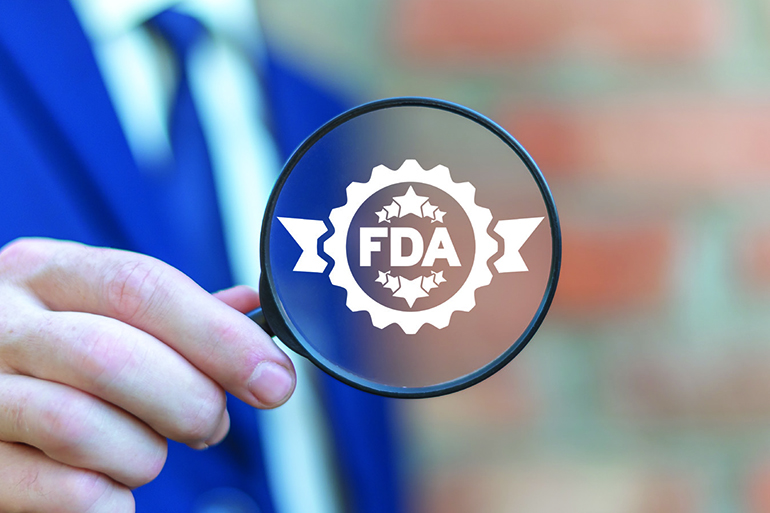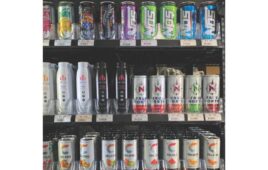 The Food and Drug Administration (FDA) set Sept. 9, 2020, as the deadline for manufacturers to submit a substantial equivalence application (SE) or a pre-market tobacco application (PMTA) for “deemed” tobacco products introduced into the marketplace between Feb. 15, 2007, and Aug. 8, 2016.
The Food and Drug Administration (FDA) set Sept. 9, 2020, as the deadline for manufacturers to submit a substantial equivalence application (SE) or a pre-market tobacco application (PMTA) for “deemed” tobacco products introduced into the marketplace between Feb. 15, 2007, and Aug. 8, 2016.
Tobacco products subject to the PMTA requirements include cigars (except “premium cigars” as noted below), pipe tobacco, electronic cigarettes, nicotine vapor products, hookah tobacco, alternative nicotine products and heated nicotine products.
Many brands of domestic cigars, pipe tobacco and hookah tobacco products were already on the market as of Feb. 15, 2007; therefore, they qualify for grandfather status and do not need a SE or PMTA to remain on the market. For those domestic cigars, pipe tobacco and hookah tobacco products, which are not grandfathered, manufacturers must have filed either a SE or PMTA application with the FDA by Sept. 9.
Because there were no electronic cigarette, vapor, or alternative nicotine products on the market as of Feb. 15, 2007, they will not be grandfathered, and there is generally no substantially similar product to rely on to file a SE application. For these products, manufacturers were required to file PMTAs with the FDA by Sept. 9, or their products could no longer be sold to the public.
As for “premium cigars,” a federal court ruling issued in August of this year deferred enforcement of the FDA’s Sept. 9 application filing deadline, preventing the administration from enforcing the application requirement against premium cigars until the agency creates
a streamlined SE application process for them.
“Premium cigar” is defined as a cigar that: (1) is wrapped in whole tobacco leaf; (2) contains a 100% leaf tobacco binder; (3) contains at least 50% (of the filler by weight) long filler tobacco (i.e., whole tobacco leaves that run the length of the cigar); (4) is handmade or hand-rolled (i.e., no machinery was used apart from simple tools, such as scissors to cut the tobacco prior to rolling); (5) has no filter, nontobacco tip, or nontobacco mouthpiece; (6) does not have a characterizing flavor other than tobacco; (7) contains only tobacco, water and vegetable gum with no other ingredients or additives; and (8) weighs more than six pounds per 1,000 units.
Five-Step Process
Once a manufacturer files a SE or PMTA with the FDA, the agency follows a five-step process.
First, the FDA conducts a preliminary review of an application to see if everything is complete. If so, the FDA issues a letter accepting the application.
Second, the agency files the application if all of the scientific studies, evidence and other data are complete.
Third, the FDA undertakes its substantive review of the application and supporting documentation and studies, which can take up to one year.
Fourth, the FDA issues an order either approving or not approving the application. In order to approve an application, the FDA needs to determine that the product “is appropriate for the protection of the public health.” This is the standard set down by Congress to determine whether a tobacco product is approved for marketing in the U.S.
Lastly, the FDA publicizes the approval order or non-approval order.
In late August, the FDA issued a statement that it plans to make publicly available a list of the deemed tobacco products subject to the Sept. 9, 2020, deadline, that were on the market as of Aug. 8, 2016, and for which a SE or PMTA application was submitted to the agency by Sept. 9, 2020.
However, because the agency needs time to review and accept or decline SE and PMTA applications as they are filed and ensure the SE and PMTA application information to be published complies with federal disclosure laws, that list of products for which a SE or PMTA application has been filed may not be published for some time.
In the meantime, the FDA encourages retailers to contact manufacturers directly to obtain information and confirmation about whether SE or PMTA applications have been filed with the FDA.
The agency also stated it will take compliance and enforcement action against tobacco products for which a SE or PMTA application was required to be filed by the Sept. 9 deadline, but which the manufacturer did not file. Enforcement action is allowed against those products as they would now be considered “misbranded and adulterated” by the FDA and illegally on the market. According to the agency, the initial focus of FDA enforcement actions will be electronic nicotine products for which a PMTA was not submitted.
 Thomas Briant is the executive director for the National Association of Tobacco Outlets (NATO).
Thomas Briant is the executive director for the National Association of Tobacco Outlets (NATO).




